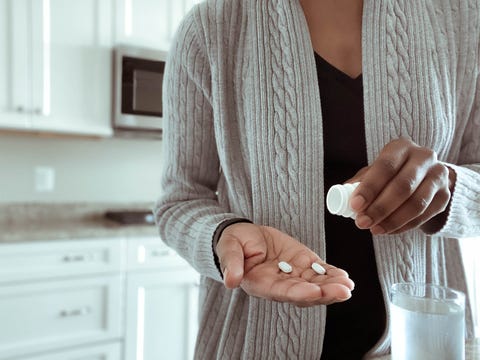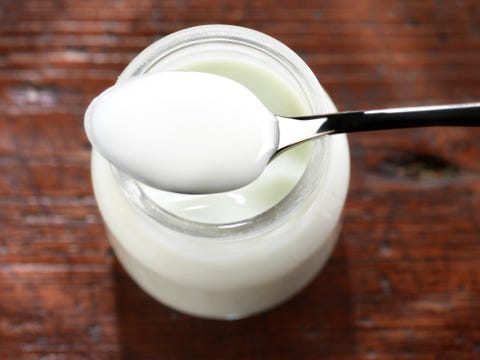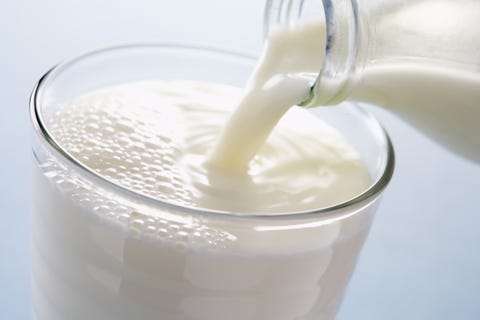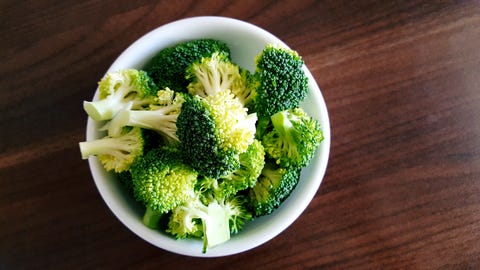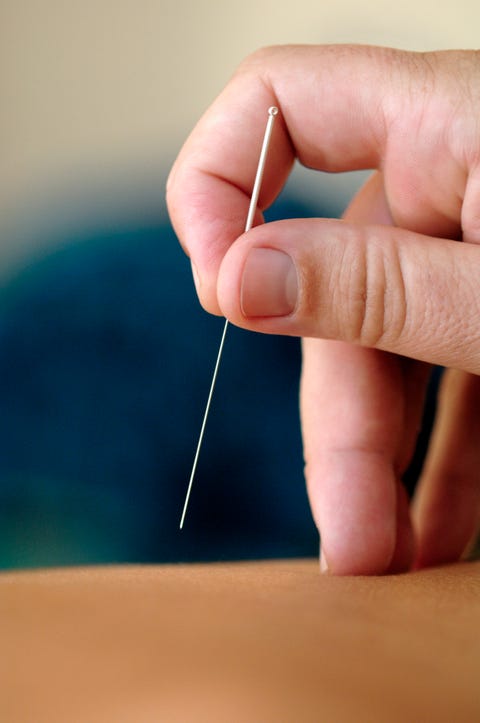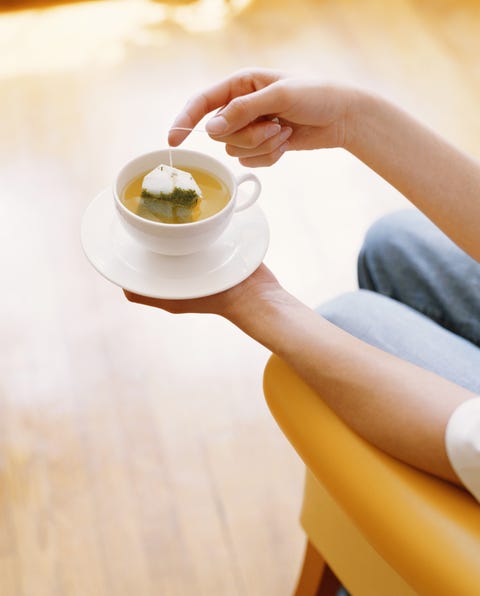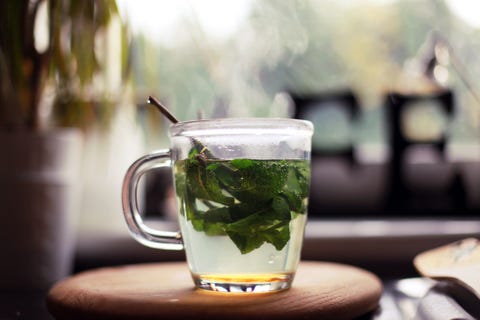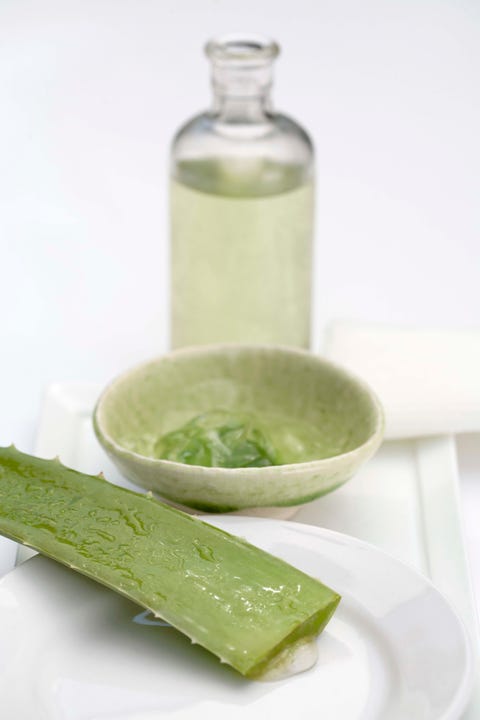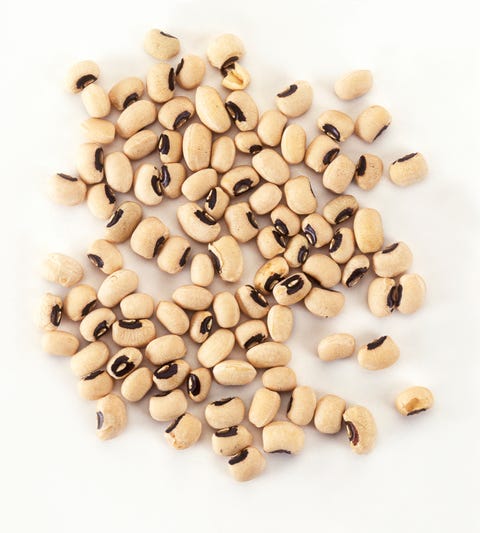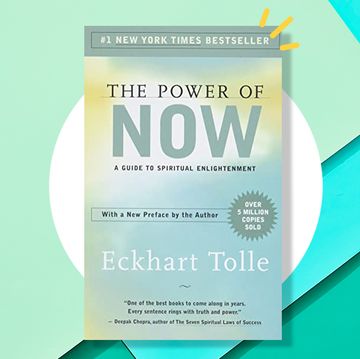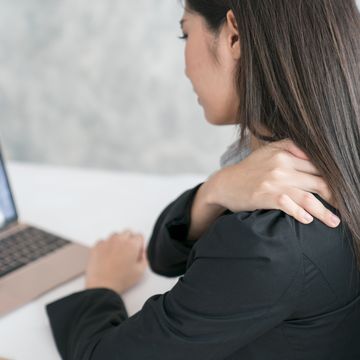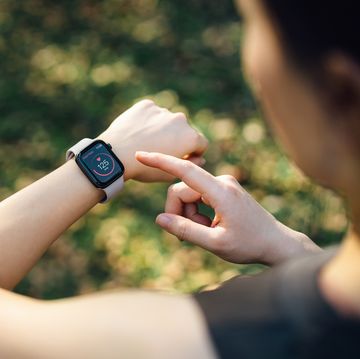21 Ways To Get Rid Of A Stomach Ache ASAP, According To Gastroenterologists
Ginger tea > ginger ale.
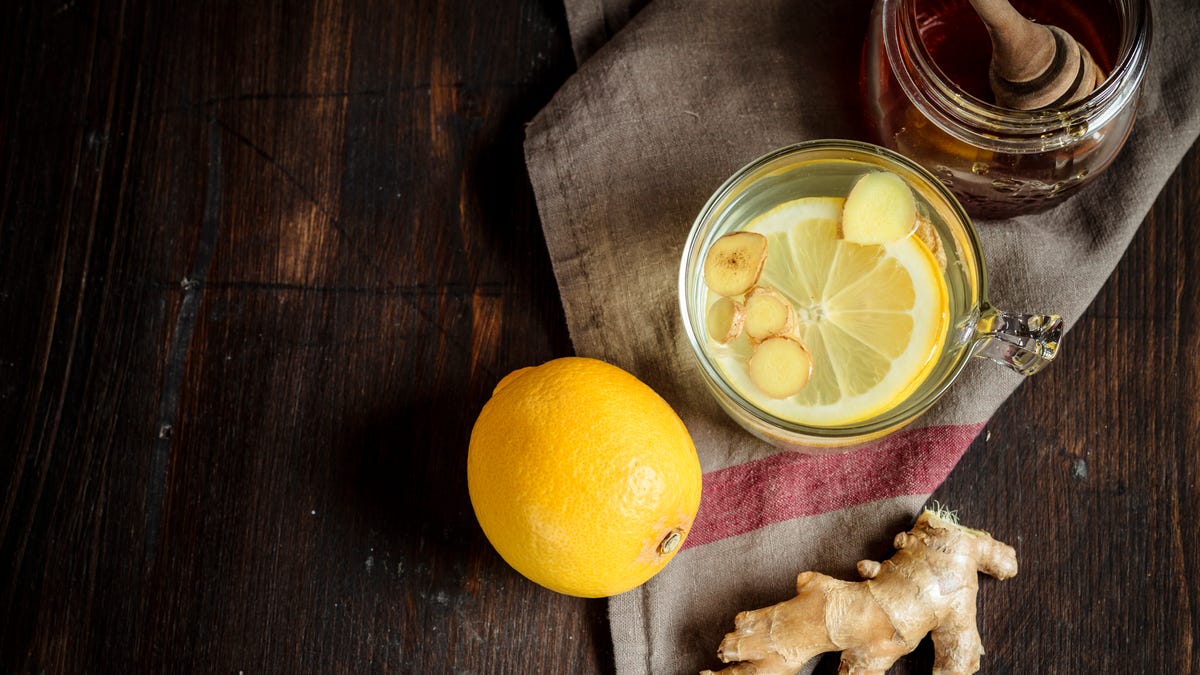
It's never fun to get a stomach ache, but unfortunately, it happens all the time. Whether you chowed down on something that's gone bad, have a food intolerance, ate a little too fast or too much at lunch, the pain and associated discomfort (cue the bloating, diarrhea, and nausea) can make it really hard for you to focus on anything other than looking up ways on how to get rid of a stomach ache.
Basically, stomach aches can occur whenever there is irritation of the stomach lining, says Henry Herrera, MD, a gastroenterologist at DHR Health Gastroenterology in Texas.
Thankfully, stomach aches don't usually last that long, maybe one to two hours tops. And they typically go away on their own. That said, the duration doesn't really tell you whether you're dealing with something benign (like having a natural reaction to too much spicy food) or an underlying medical issue, says Leila Kia, MD, a gastroenterologist at Northwestern Medicine. “Other factors must be considered, such as the character of the pain, intensity, and location along with associated symptoms,” she adds.
If you're dealing with run-of-the-mill stomach pain (meaning you know what exactly brought it on, like after consuming foods that have always been problematic for you or overindulging at a dinner out with friends), you can soothe your tummy troubles with home remedies. You should know, though, some of your old standbys may not help and can even make you feel worse. For example, the bubbles and sugar in ginger ale can feed the bad bacteria making you sick. You may have heard that lemon water is good for digestion, but “keep in mind that acidic foods also tend to be associated with increases in reflux symptoms,” says Dr. Herrera.
Meet the experts: Henry Herrera, MD, is a gastroenterologist at DHR Health Gastroenterology in Texas. Leila Kia, MD, is a gastroenterologist at Northwestern Medicine. Amit Bhan, MD, is a gastroenterologist at Henry Ford Hospital in Detroit.
So, when should you worry? If the pain does not subside with OTC meds, is keeping or waking you up at night, or is accompanied by weight loss, blood in your stool, vomiting, or a fever, you should make an appointment to see a doc ASAP.
Feeling a rumble down below and aren't sure how to properly get rid of your stomach ache? Try one of these 22 easy fixes recommended by gastroenterologists at home.
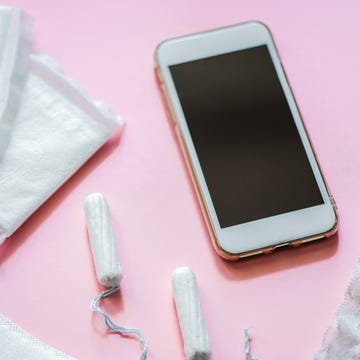
Why Your Period Is Suddenly Shorter Than Normal
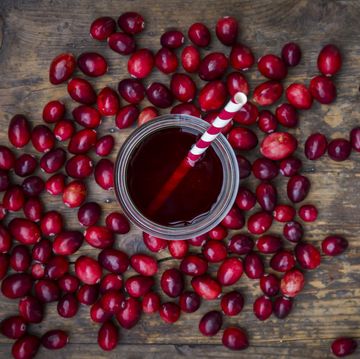
5 Benefits Of Cranberry Juice

How Can I Make Myself Pee?
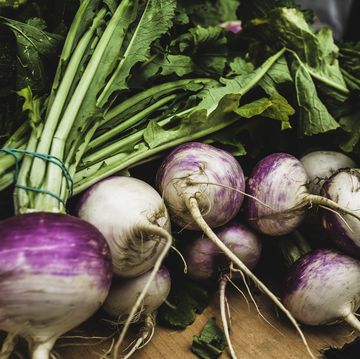
9 Surprising Health Benefits Of Turnips


